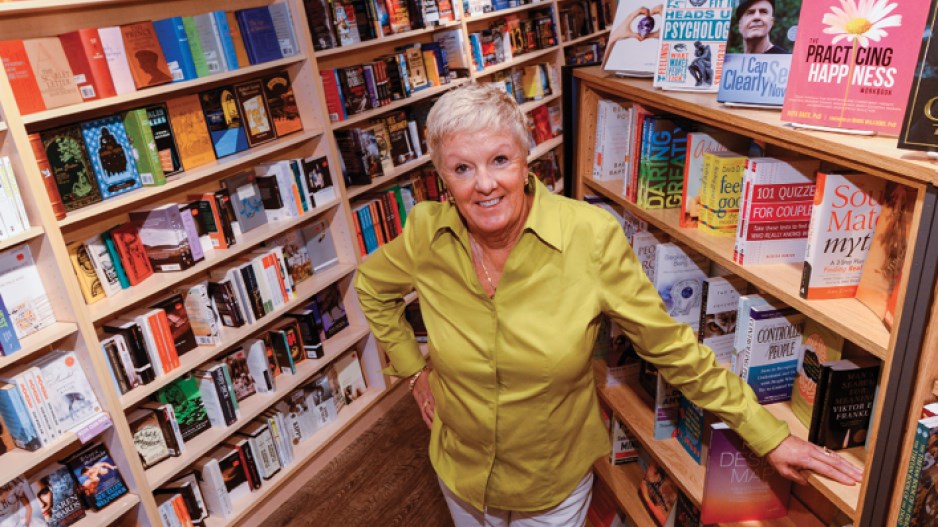Glimmers of light have started to shine through the doom and gloom that has characterized the book-selling sector for much of the past decade.
Not only are signs of life evident from Vancouver-based Black Bond Books (BBB) opening its 11th bookstore – a second Book Warehouse-branded store, on Main Street near King Edward Avenue – but ebook sales have finally levelled off after years of phenomenal growth.
An Association of American Publishers (AAP) survey of more than 1,200 publishers revealed that book producers generated US$1.54 billion in 2013 revenue from ebooks, which are viewed on digital book readers and tablets. That's down slightly from 2012.
Ebook sales had been doubling and tripling before the pace of growth slowed to about 45% in 2012.
Bricks-and-mortar retailers can also take comfort in the fact that paper books still dominate the sector.
Revenue from hardcover and paperback book sales slipped 1.9% but, at US$4.94 billion, were more than triple that of ebook sales, according to AAP.
“There has been a wonderful turnaround across the sector since December,” said Cathy Jesson, who co-owns BBB with ex-husband Mel Jesson. “We've seen that, and that's what I'm hearing from others.”
She told Business in Vancouver that they are opening their second Book Warehouse in part because the highest-grossing and most profitable store in their chain is the Book Warehouse on West Broadway.
They bought that store in 2012 when Sharman King, who had founded the chain three decades before, decided to retire and close his four stores.
BBB revenue rose about 4% to about $7 million last year, but that growth rate has picked up significantly so far this year, Jesson said.
“We chose to open a Book Warehouse because the brand is so strong in the city of Vancouver,” she said. “The BBB name is better known in the suburbs and the [Fraser] Valley.”
One other change the couple are making is to close their small Richmond store, which sold clearance items, and to instead have a blowout clearance sale once a year.
“It's fabulous that a new bookstore is opening,” said Jim Deva, who co-owns Little Sisters Book and Art Emporium. “I'm certainly not counting on book sales to pay my rent.”
Little Sisters opened in 1983 as a venture that almost exclusively sold gay-themed books. It now generates more than 90% of its sales from items such as mugs, clothing and adult sex toys.
“Amazon gets a 65% discount from the major publishers,” Deva said. “We get a 40% discount and we pay freight. How are we supposed to compete?”
He added that his book sales would likely be even worse were it not for the fact that he has a niche bookstore.
Other surviving independent bookstore owners agree that a tight niche is necessary to compete – that and “low expectations,” joked Bruce Sinclair, who owns White Dwarf Books with partner Jill Sanagan.
“General bookstores are probably more vulnerable than niche ones but, unfortunately, the people who buy ebooks are taking them up more in our genres of mystery and science fiction than in other genres,” he said.
The result is that Sinclair has cut staff and both he and Sanagan often work seven days a week.




